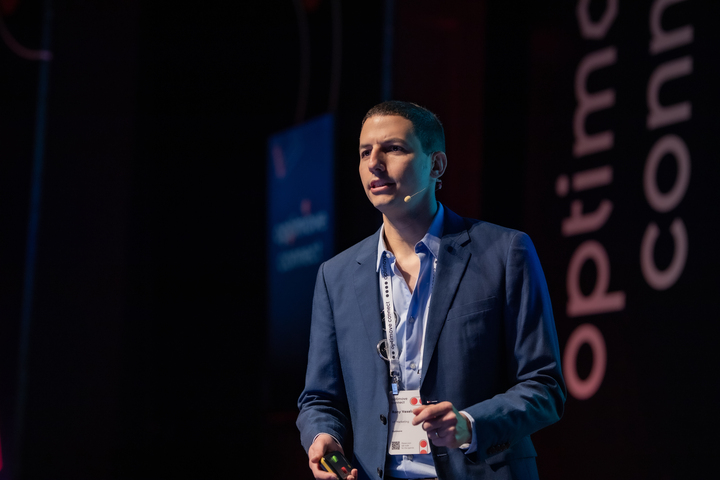April 30, 2025
Stop annoying your customers! The new rules of digital marketing

The battle for consumer attention in the digital age is fierce, and brands risk alienating audiences if their messaging is irrelevant and overwhelming. “The number one mistake is that people think that everything they have to say is important,” Rony Vexelman, VP of marketing at Optimove, told Customer Experience Magazine.
This fundamental misunderstanding often leads to marketing fatigue, a common problem in a landscape saturated with brand communication.
To navigate this, marketers must shift from mass appeal marketing campaigns to strategies centred on hyper-personalisation and data driven experiences, where achieving business outcomes outweighs the pursuit of ad impressions.
The rising tide of marketing fatigue
Combating the growing issue of marketing fatigue requires a fundamental change in approach. Research from Optimove highlights how the sheer volume of often irrelevant and poorly timed messages leads to consumer disengagement and even resentment.
According to Vexelman, many brands still operate an outdated “batch and blast” mentality, a stark contrast to the sophisticated expectations of today’s digitally savvy consumers.
The power of uplifting and relevant content
Another way to combat marketing fatigue is with the delivery of uplifting content. “Across all the brands tested, uplifting content outperformed traditional ad content across brand metrics, including ‘is a brand I love,” highlighted Heather O’Shea, chief research officer of Alter Agents.
The data suggests that positive, resonant messaging is more effective at capturing consumer attention than generic promotions.
The Attentive 2025 Consumer Trends Report further reinforces the need for organisations to offer personalised marketing, claiming that 81% of consumers actively ignore irrelevant marketing.
Consumers expect brands to remember their past interactions and tailor communications accordingly.
“The most successful brands use first party data to deliver contextual, relevant experiences, and they build long term relationships by showing they understand their customers, ” stressed Scott Opiela, CMO of Acoustic.
AI as the engine of personalised engagement
Artificial intelligence (AI) is rapidly transforming personalisation capabilities for many organisations. It is an indispensable tool for achieving effective and efficient digital marketing outcomes. “AI has become a force multiplier for marketing teams,” said Opiela.
“It’s helping us move from static segmentation to dynamic personalisation — identifying intent signals, predicting best actions, and optimising campaigns or journeys in real time,” he added.
Vexelman also highlighted AI’s crucial role in streamlining the marketing workflow, from data analysis to content creation and campaign optimisation.
Strategic channel selection for meaningful engagement
The careful selection of appropriate communication channels and content is paramount for the successful delivery of personalised and uplifting marketing messages. While email remains a reliable tool, social media platforms offer richer, more interactive engagement opportunities.
“The key is to orchestrate messaging across channels, so it feels connected and consistent,” said Opiela.
Additionally, Alter Agent’s research suggests that emotional resonance plays a crucial role in effective personalisation.
“Women are more likely than men to say they look for content about humans and animals that makes them feel good,” said O’Shea.
While higher-income households show a stronger preference for content that fosters “connections to others,” she added.
Avoiding the pitfalls of over-personalisation and inauthenticity
Despite the benefits of strategic personalisation and positive messaging, brands must remain vigilant against ‘overdoing’ either approach or coming across as inauthentic. Brands need to be wary of appearing “irrelevant or overly familiar personalisation”, said Opiela.
According to Vexelman, poorly implemented AI can inadvertently exacerbate marketing fatigue.
O’Shea, echoing Upworthy’s perspective, stressed that “People underestimate social media audiences and how they can sense when something isn’t genuine.”
What does the future hold?
Looking towards the future, industry experts anticipate a significant evolution in marketing.
“The marketer of the future won’t be defined by a single role — they’ll be positionless, agile, and empowered to act. That kind of marketer creates a brand experience that feels unified, not fragmented — like all the pieces finally fit together,” explained Vexelman.
Customers won’t just see better marketing — they’ll feel more connected to the brand, as if every touchpoint speaks the same language. The future of CX, it seems, is not just powered by technology, but by the people who know how to use it fluidly.






